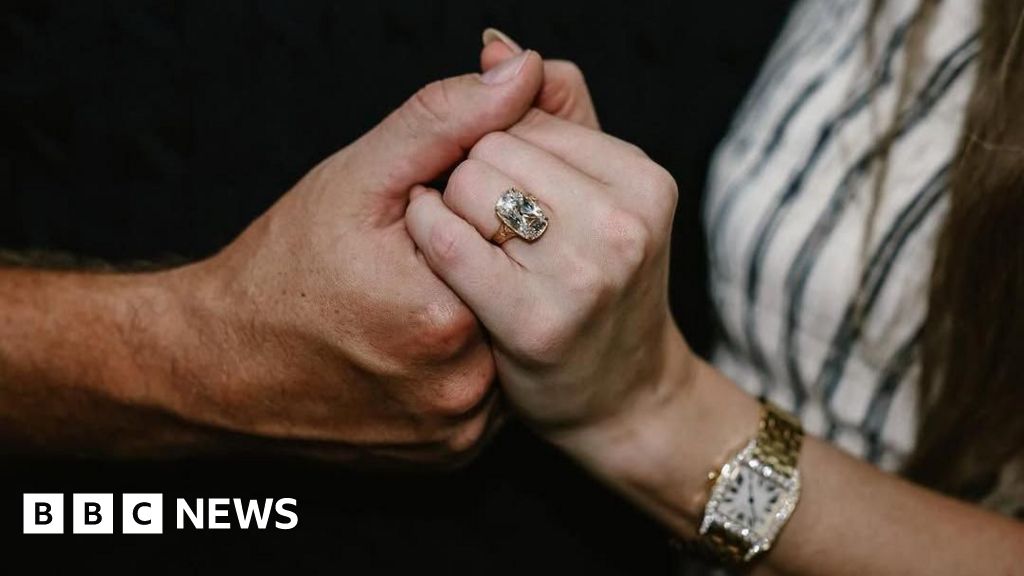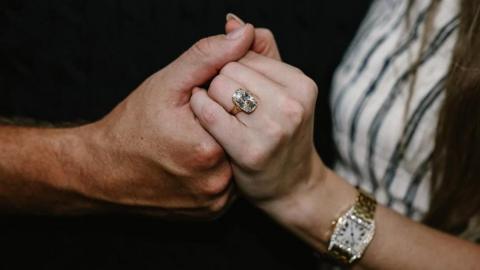In a significant move, renowned artists including Sir Elton John, Dua Lipa, Sir Ian McKellen, and Florence Welch are uniting against the risks posed by artificial intelligence to the creative sector. They, along with more than 400 other musicians, writers, and artists, have sent an open letter to Prime Minister Sir Keir Starmer, demanding urgent reforms to copyright laws to prevent tech companies from appropriating their intellectual property without consent.
The letter underscores a pressing concern: that without protective measures, creators would effectively relinquish ownership of their work to technology firms, undermining the United Kingdom's status as a leader in global creativity. The signatories are calling for support for an amendment to the Data (Use and Access) Bill, which would require AI developers to be transparent with creators about their materials used for training AI models.
A government spokesperson has expressed a desire for the creative industries to thrive, acknowledging the importance of consultation to ensure any changes benefit creators. Notable figures alongside John and Lipa include acclaimed author Kazuo Ishiguro and singer Robbie Williams, emphasizing a collective plea for fairness in the evolving digital landscape. Sir Paul McCartney has previously raised alarms about AI potentially infringing on artists' rights.
The artists argue in their letter that their contributions are pivotal to the narrative of the nation and that the government should prioritize their protection, suggesting that an amendment proposed by Baroness Beeban Kidron could enable both AI developers and creators to negotiate licenses that respect human creativity.
However, not all stakeholders see eye to eye on the proposed measures. Critics, such as Julia Willemyns of the Centre for British Progress think tank, warn that stringent copyright laws may stifle growth within the UK, suggesting that a heavy-handed approach could drive AI development overseas.
Amid growing apprehensions regarding AI's use of copyrighted materials in its training datasets, recent months have seen artists voicing their concerns more loudly, even resorting to symbolic protests such as releasing silent albums. The government has faced backlash over proposals allowing developers to use creators' content by default unless they explicitly opt out.
As this situation evolves, Ishiguro has highlighted the need for fair treatment within the reformed copyright landscape, criticizing any adjustments that disproportionately favor corporations at the expense of individual creators. Baroness Kidron advocates that her proposed transparency measures are essential to fostering a robust licensing framework for creative professionals, which could align both AI innovation and artistic preservation.
In conclusion, the government has committed to conducting thorough consultations, with promises of transparent assessments of the proposals, aiming to balance the interests of creators with technological advancements. As debates continue, artists remain vigilant in their fight for rightful protections in the age of AI.
The letter underscores a pressing concern: that without protective measures, creators would effectively relinquish ownership of their work to technology firms, undermining the United Kingdom's status as a leader in global creativity. The signatories are calling for support for an amendment to the Data (Use and Access) Bill, which would require AI developers to be transparent with creators about their materials used for training AI models.
A government spokesperson has expressed a desire for the creative industries to thrive, acknowledging the importance of consultation to ensure any changes benefit creators. Notable figures alongside John and Lipa include acclaimed author Kazuo Ishiguro and singer Robbie Williams, emphasizing a collective plea for fairness in the evolving digital landscape. Sir Paul McCartney has previously raised alarms about AI potentially infringing on artists' rights.
The artists argue in their letter that their contributions are pivotal to the narrative of the nation and that the government should prioritize their protection, suggesting that an amendment proposed by Baroness Beeban Kidron could enable both AI developers and creators to negotiate licenses that respect human creativity.
However, not all stakeholders see eye to eye on the proposed measures. Critics, such as Julia Willemyns of the Centre for British Progress think tank, warn that stringent copyright laws may stifle growth within the UK, suggesting that a heavy-handed approach could drive AI development overseas.
Amid growing apprehensions regarding AI's use of copyrighted materials in its training datasets, recent months have seen artists voicing their concerns more loudly, even resorting to symbolic protests such as releasing silent albums. The government has faced backlash over proposals allowing developers to use creators' content by default unless they explicitly opt out.
As this situation evolves, Ishiguro has highlighted the need for fair treatment within the reformed copyright landscape, criticizing any adjustments that disproportionately favor corporations at the expense of individual creators. Baroness Kidron advocates that her proposed transparency measures are essential to fostering a robust licensing framework for creative professionals, which could align both AI innovation and artistic preservation.
In conclusion, the government has committed to conducting thorough consultations, with promises of transparent assessments of the proposals, aiming to balance the interests of creators with technological advancements. As debates continue, artists remain vigilant in their fight for rightful protections in the age of AI.





















